The return of the Mardi Gras Parade to Oxford Street after a two-year absence will be welcomed by the majority of Sydneysiders. Older Speccie readers may remember the rather different reception the inaugural parade met with, intended as it was as a one-off demonstration of the solidarity of gay Australians with their US counterparts on the anniversary of the Stonewall Riots. It took place in Sydney’s Darlinghurst rather than the gay-friendly postcode of any other Australian city because in 1978 no other Australian city had a gay-friendly postcode. Up ‘til then, LGBT sandgropers, crow-eaters, cabbage-patchers and banana-benders who didn’t want to live a lie, lose their jobs or get beaten up, but who couldn’t afford the airfare to San Francisco or Earls Court, were obliged to relocate to Sydney’s inner-east. But even there in Sin City, most peoples’ attitudes to homosexuality in the Seventies still fell somewhere between prurient curiosity and mute disapproval, so it’s hardly surprising that what started as a peaceful street protest turned into violent confrontation resulting in dozens of arrests. It was the refusal of the courts to accept the legality of these arrests which inspired the organisers of the 1978 march to organise another one the following year, one which was much more peaceful and met with a much more positive response. By the late Eighties, attitudes had relaxed to the point where most Mardi Gras attendees were straight, and a giant papier-mâché likeness of Fred Nile, the Conservative Christian zealot who prayed for rain the night before each Mardi Gras, was a star of the parade. By 2015, as well as marshalling the crowds on Oxford Street, cohorts of uniformed NSW police were dancing along it.
The individuals who fought so hard to bring about such changes in Australian attitudes should feel proud of their achievements – as proud, perhaps, as those who fought so hard in wartime to defend our more traditional freedoms, or those who campaigned for Aboriginal suffrage in the Fifties and Sixties. But the willingness of ordinary modern Australians to embrace equality and diversity, and to have it enshrined in law, is also a source of collective pride. Tasmanians, for example, should be especially proud of the fact that it was only 19 years after their government decriminalised consenting sex between same-sex adults that they voted in favour of same-sex marriage at a higher per capita rate than any other state.
We should also, of course, be ashamed of the intolerance and bigotry we have legislated away. Even if not personally guilty of it, most of us witnessed it with closed mouths and benefitted from the values and systems which sustained it. But to properly disassociate ourselves from that older, problematic Australia, we must now start using the words pride and shame in a way that our parents and grandparents would not have recognised. Because for most young Australians today (indeed for most young people in any Western democracy) taking pride in something no longer requires you to have had a hand in bringing it about. Indeed, the most common uses of the words pride and shame pertain to immutable truths of existence concerning which none of us have any agency whatsoever. Even more confusing is that what is a source of pride for one Australian can now be a source of shame for another. If you say you are a proud Kamilaroi man, for example, it does not mean either that you have distinguished yourself amongst other Kamilaroi men by your actions or achievements, or even that you are glad to be associated with the contribution made to the world by the Kamilaroi people as a whole. It simply means that you happened to be born into one of a handful of extended First Nations families in the vicinity of Moree. Unfortunately, this kind of simplified, inexpensive pride is not accessible to the majority of Australians, because the majority of Australians are still white and of European lineage. And nothing they can do individually or collectively will compensate for those accidents of birth or expunge the shame which attaches to them. It doesn’t matter that I was born in the city where the Industrial Revolution started, or that I studied at the university where The Lord of the Rings was written, or even that I grew up in the country which was responsible for abolition of slavery and the discovery of penicillin. And it wouldn’t matter if I’d personally won an Oscar or broken the three-minute mile or discovered a cure for cancer. The fact is it would make absolutely no sense for me to identify as ‘a proud Englishman’, because in post-modern, post-BLM, decolonising, misandrist Australia, the phrase ‘a proud Englishman’ is an oxymoron.
Got something to add? Join the discussion and comment below.
Get 10 issues for just $10
Subscribe to The Spectator Australia today for the next 10 magazine issues, plus full online access, for just $10.
You might disagree with half of it, but you’ll enjoy reading all of it. Try your first month for free, then just $2 a week for the remainder of your first year.


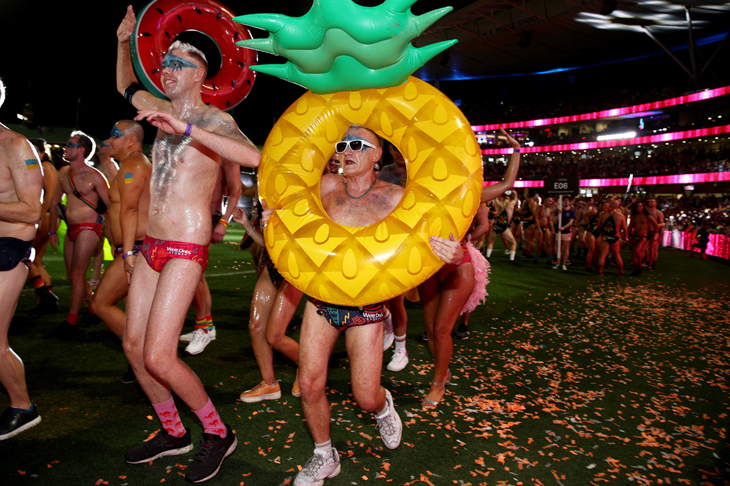
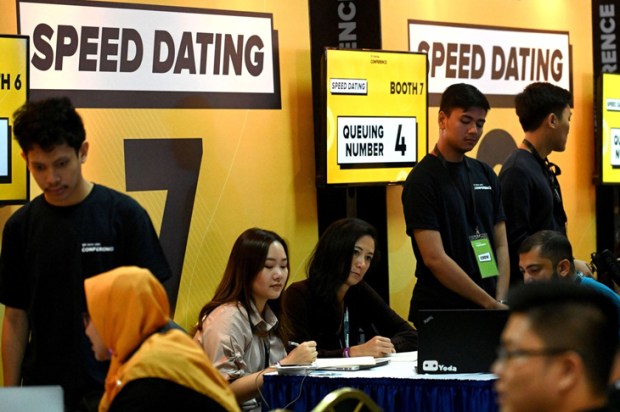
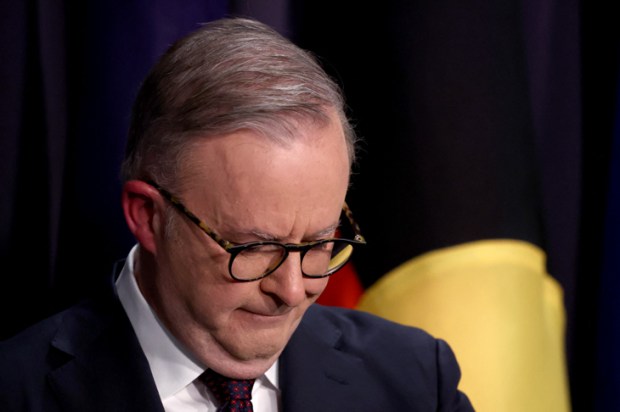
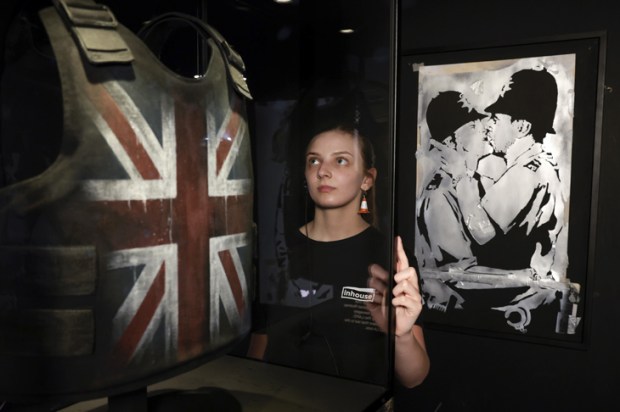
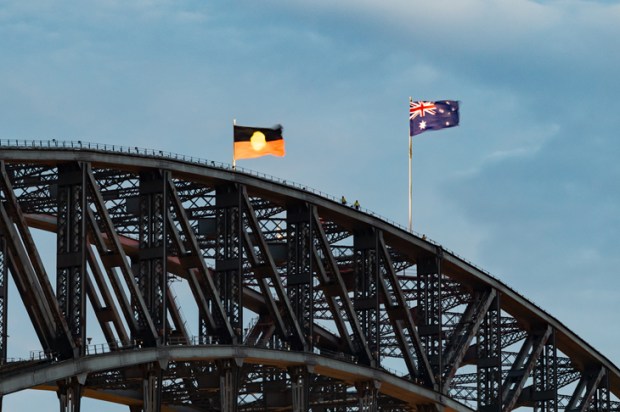
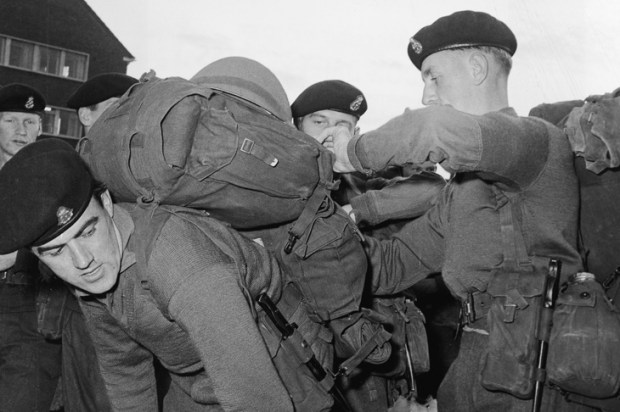
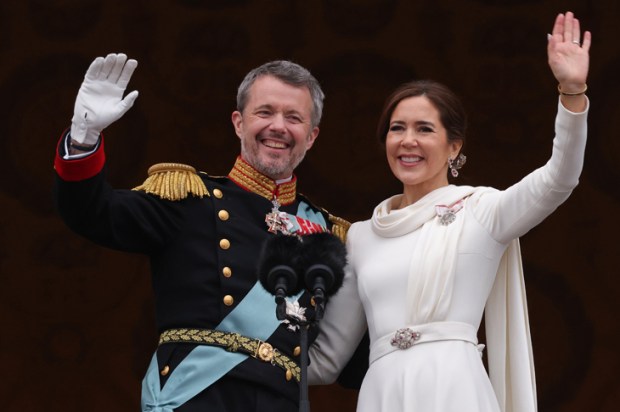






Comments
Don't miss out
Join the conversation with other Spectator Australia readers. Subscribe to leave a comment.
SUBSCRIBEAlready a subscriber? Log in